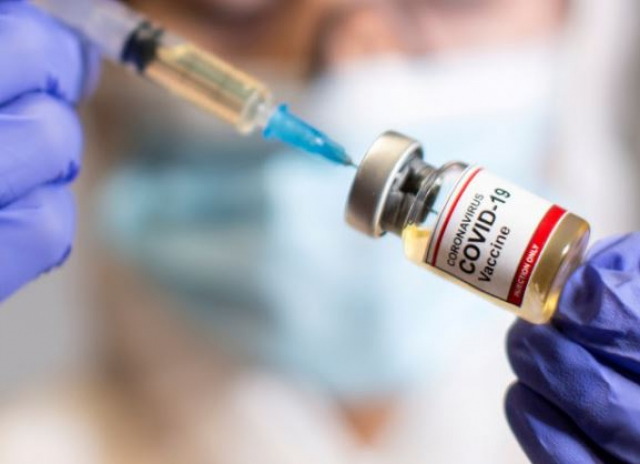
The African Vaccine Acquisition Task Team (AVATT) has confirmed the acquisition of provisional 270 million vaccine doses for African countries, with at least 50 million being available for the crucial period of April to June 2021.
The 10-member AVATT, which was established by African Union Chair, President Cyril Ramaphosa in August, on Thursday confirmed this during a special meeting of the AU Bureau of the Assembly. The AVATT was established to ensure that the continent would be able to secure sufficient vaccine doses to achieve herd immunity.
In a statement, the Presidency said the vaccines will be supplied by Pfizer, AstraZeneca (through an independent licensee, Serum Institute of India) and Johnson & Johnson.
“These efforts complement the COVAX facility, a World Health Organisation and Gavi Vaccine Alliance initiative to help low- and middle-income countries secure access to vaccines on a fair and equitable basis,” reads the statement.
President Ramaphosa said: “From the onset of this pandemic, our focus as a continent has been on collaboration and collective effort. We have held steadfastly to the principle that no country should be left behind.
“With this in mind, we have not only campaigned vigorously for changes through all the available international forums, but we have taken the additional step to independently secure vaccines using our own limited resources as member states.
“As a result of our own efforts we have so far secured a commitment of a provisional amount of 270 million vaccines from three major suppliers: Pfizer, AstraZeneca (through Serum Institute of India) and Johnson & Johnson.”
Arrangements have been made with Afreximbank to support member states who want to access these vaccines based on a whole-of-Africa approach. Afreximbank will, upon receipt of firm orders from member states, provide advance procurement commitment guarantees of up to US$2 billion to the manufacturers on behalf of member states.
Upon delivery of the vaccines, member states may pay using their internal resources or access an instalment payment facility of up to five years offered by Afreximbank.
The Presidency said there is also close collaboration between the AU team and the World Bank to ensure that member states are able to access about US$5 billion either to buy more vaccines or pay for delivery of vaccines committed on their behalf by Afreximbank.
“These endeavours aim to supplement the COVAX efforts, and to ensure that as many dosages of vaccine as possible become available throughout Africa as soon as possible,” adds the statement.
It is hoped that donors will step up further and ensure that more vaccines are provided through COVAX, as any new debt burden on member states is difficult in the long term.
While the COVAX initiative is vital to Africa’s response, the African Union is concerned that the COVAX volumes to be released between February and June may not extend beyond the needs of frontline health care workers, and may thus not be enough to contain the ever-increasing toll of the pandemic in Africa.
Another challenge is that the target of 600 million doses from COVAX will cover only about 300 million people across the African continent, which is only about 20% of the population.
Scientists at the Africa Centres for Disease Control and Prevention (Africa CDC) have advised that countries need to reach at least 60% of the population to substantially slow the spread of the disease.
The AVATT team continues to engage other suppliers to secure more vaccines.
Given the virulent nature of the COVID pandemic, it is clear that a threat to one nation and continent is a threat to all.
To successfully eradicate the global threat of the disease, it is critical that a majority of citizens of all nations get urgent and equitable access to the COVID-19 vaccines as soon as possible.
President Ramaphosa said: “I wish to commend the members of the Africa Vaccine Acquisition Task Team, Afreximbank, Africa CDC and all those who have been working tirelessly to secure these vaccines for the people of Africa. There is a long road ahead, but as Africa we are now seeing progress in our shared effort to defeat this disease”.